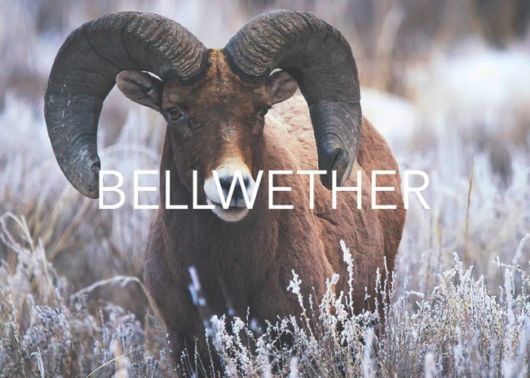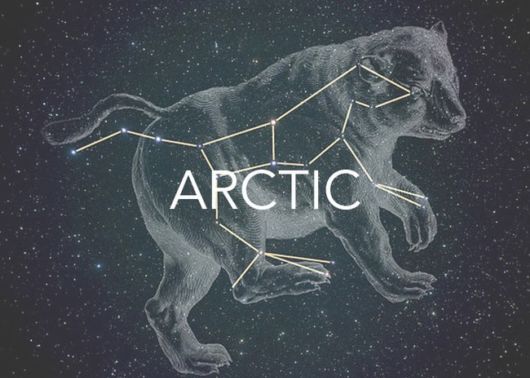|
imran
|
 |
« on: November 18, 2015, 01:20:03 AM » |
|
The Bizarre Origins of 14 Common Words
I never knew the origin of these words
The English language has roots in Ancient Greek, Latin, German, French and several more languages. Because of that, the meanings of certain words we use today have come a long way since their origins, to sometimes mean something else completely. This short list shows you some of the most bizarre origins of modern English words, many of which are quite surprising. “Bellwether” refers to a leader or a 'trend-setter', generally used for a product or stock that serves as an indicator of the state of the market. In old English dialect, “wether” was the name of a castrated ram, and the lead wether in a herd would usually have a bell hung around its neck, helping the herdsman to locate it. “Bellwether” refers to a leader or a 'trend-setter', generally used for a product or stock that serves as an indicator of the state of the market. In old English dialect, “wether” was the name of a castrated ram, and the lead wether in a herd would usually have a bell hung around its neck, helping the herdsman to locate it.
|
|
|
|
|
|
imran
|
 |
« Reply #1 on: November 18, 2015, 01:20:28 AM » |
|
 “Arctic” comes from the Greek word “arktos”, meaning “bear”. It refers to the “Great Bear” (also known as the “Big Dipper” or Ursa Major), a constellation that remains in the same place year-round in the northern sky. “Arctic” comes from the Greek word “arktos”, meaning “bear”. It refers to the “Great Bear” (also known as the “Big Dipper” or Ursa Major), a constellation that remains in the same place year-round in the northern sky. |
|
|
|
|
|
imran
|
 |
« Reply #2 on: November 18, 2015, 01:20:51 AM » |
|
 Canopy comes from the Greek word for mosquito – “konops”. The Greek referred to a bed or a couch fitted with mosquito netting as a “Kanopeion”, which eventually became “Canopy”. Canopy comes from the Greek word for mosquito – “konops”. The Greek referred to a bed or a couch fitted with mosquito netting as a “Kanopeion”, which eventually became “Canopy”. |
|
|
|
|
|
imran
|
 |
« Reply #3 on: November 18, 2015, 01:21:12 AM » |
|
 The flower “Dandelion” got its name from the French “dent de lion” (the tooth of the lion), referring to the shape of the petals. The flower “Dandelion” got its name from the French “dent de lion” (the tooth of the lion), referring to the shape of the petals. |
|
|
|
|
|
imran
|
 |
« Reply #4 on: November 18, 2015, 01:21:58 AM » |
|
 When you hear the word “Sturdy”, you think of something robust and solid, but in the 14th century, it actually meant “unruly” or “unmanageable.” It is believed to originate from the Latin name for thrush - “turdus”. Thrushes had a tendency to eat leftover fermented grapes in wineries, making them drunk and frenzied. To this day, the French use the term soûl comme une grive, meaning “as drunk as a thrush". When you hear the word “Sturdy”, you think of something robust and solid, but in the 14th century, it actually meant “unruly” or “unmanageable.” It is believed to originate from the Latin name for thrush - “turdus”. Thrushes had a tendency to eat leftover fermented grapes in wineries, making them drunk and frenzied. To this day, the French use the term soûl comme une grive, meaning “as drunk as a thrush". |
|
|
|
|
|
imran
|
 |
« Reply #5 on: November 18, 2015, 01:22:18 AM » |
|
 These days, “Pedigree” is used to refer to lineage or heritage, but it originally was a genealogical diagram (a family tree). French scholars in medieval times thought the connecting lines resembled a stork’s leg – “pied de grue”.Go to The NEXT Page for More Pictures >>> These days, “Pedigree” is used to refer to lineage or heritage, but it originally was a genealogical diagram (a family tree). French scholars in medieval times thought the connecting lines resembled a stork’s leg – “pied de grue”.Go to The NEXT Page for More Pictures >>> |
|
|
|
|
|
 INFORMATION CLUB
INFORMATION CLUB Informative Zone
Informative Zone Awareness
Awareness The Bizarre Origins of 14 Common Words
The Bizarre Origins of 14 Common Words INFORMATION CLUB
INFORMATION CLUB Informative Zone
Informative Zone Awareness
Awareness The Bizarre Origins of 14 Common Words
The Bizarre Origins of 14 Common Words
